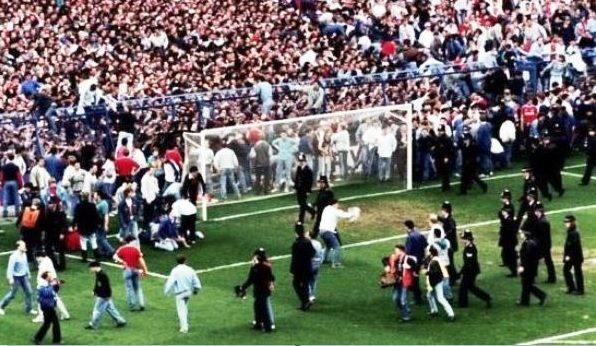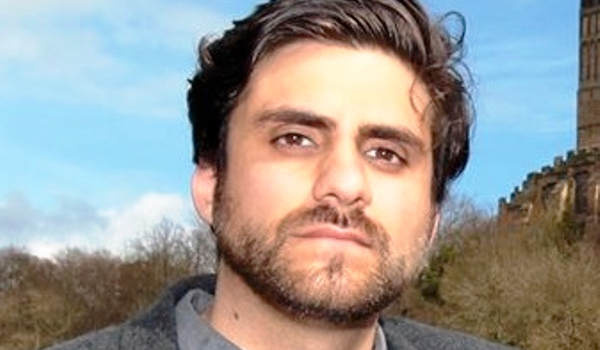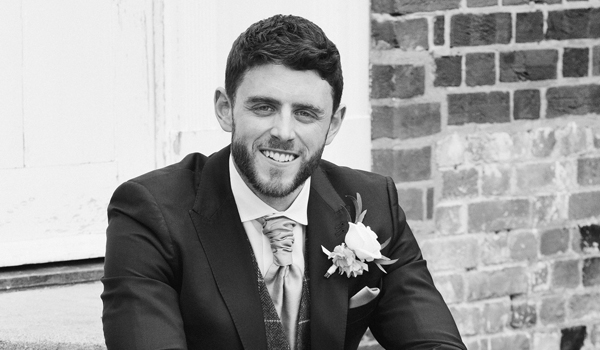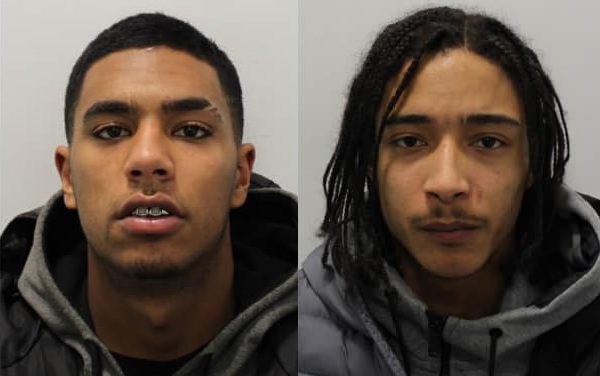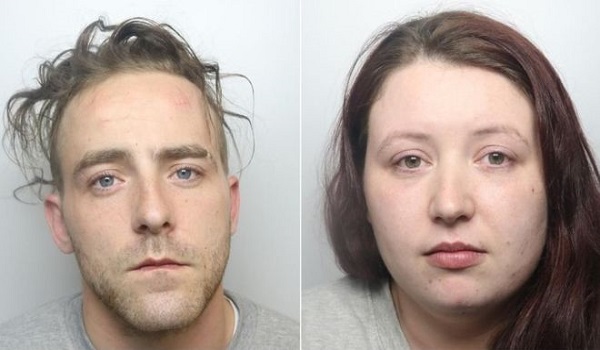Hillsborough disaster trial collapses as judge rules no case to answer
The trial of two retired police officers and a solicitor accused of perverting the course of justice following the Hillsborough disaster has collapsed after the judge ruled there was no case to answer.
After four weeks of evidence, lawyers for former chief superintendent Donald Denton, 83, retired detective chief inspector Alan Foster, 74, and Peter Metcalf, 71, who was solicitor for the force in 1989, applied to have the case against them dismissed.
The three men were each accused of two counts of doing acts tending and intended to pervert the course of justice and it was alleged they were involved in a process of amending officers’ statements to minimise the blame on South Yorkshire Police following the disaster at the FA Cup semi-final on April 15 1989, in which 96 Liverpool fans died.
In a ruling handed down at the Nightingale court at the Lowry theatre in Salford on Wednesday (May 26), judge Mr Justice William Davis said the amended statements were intended for a public inquiry into safety at sports grounds led by Lord Justice Taylor, but that was not a course of public justice.
He concluded there was no case fit for consideration by the jury based on any of the six counts on the indictment.
In the ruling, he said: “I repeat my observation about the anxiety and distress being felt by the families of those affected by the Hillsborough disaster.
“These proceedings have been very drawn-out following a lengthy trial process involving the match commander. I know the strength of feeling there was after his acquittal. I am aware that these proceedings also have been observed with interest.
“However, whatever the anxiety and distress, I have to determine whether there is evidence to support the particular criminal offence with which these defendants have been charged. In concluding that there is not, that is all I do.”
The trial had heard statements were amended to remove criticism of the force but expert witness Sir Robert Francis QC told the jury there was no legal duty of candour for police at a public inquiry.
Mr Denton, Mr Metcalf and Mr Foster were charged in 2017 following an investigation by the Independent Office for Police Conduct (IOPC) into allegations of a cover-up by police following the tragedy.
Sir Norman Bettison, a chief inspector in 1989 who went on to become chief constable of Merseyside and West Yorkshire, was charged with misconduct in a public office as part of the investigation but the charges against him were dropped in August 2018.
The match commander on the day, David Duckenfield, was charged with gross negligence manslaughter in 2017 but he was cleared in 2019 at a retrial, after the jury in his first trial was unable to reach a verdict.
In May 2019, former Sheffield Wednesday club secretary Graham Mackrell was fined £6,500 and ordered to pay £5,000 costs after he was convicted of failing to ensure the health and safety of fans arriving at the ground on the day of the disaster.
Police Superintendents’ Association national secretary Dan Murphy said: “Our thoughts and sympathies remain with the families and loved ones of those who died or were affected by the Hillsborough tragedy.
“Today’s outcome demands the question of why this case was ever brought to a criminal trial. The IOPC chose to seek criminal charges against these retired police officers, but today’s ruling from the judge has shown it is evidently clear that there was never a case to answer.
“It is deeply concerning that an independent investigation, with a stated intention to establish the facts, concluded that there was a deliberate ‘cover up’ in the aftermath of the tragedy. Something that has now been proven to be completely unfounded.
“As a result, two former senior officers, who the court heard had both served the public with distinction for over 30 years have suffered seven years of investigation and prosecution. This process has failed to serve the bereaved families or the wider public interest well.
“In the small number of cases where a police officer has knowingly acted in a corrupt or criminal way, it is absolutely right that they must be held to account for this and face appropriate justice. When this is not the case, officers should be given the respect of an appropriate balance of learning and accountability. Clearly in this case there was a pursuit by the IOPC of individual blame. We therefore ask the Home Secretary to review the role, governance and objectives of the IOPC to ensure it seeks to deliver its mission, rather than enforcing a culture of blame within policing.”
In a statement following the ruling, IOPC Deputy Director General Claire Bassett said: “We acknowledge the court’s decision today, which we know has come as a bitter disappointment to the families of those who lost their lives at the Hillsborough disaster, and its survivors. Naturally, our thoughts are with all those affected by the tragedy, who have had to relive some very painful memories during this trial.
“The judge has ruled the defendants did not have a legal obligation to ensure the information they provided to the Taylor Inquiry was full and frank and we accept that. But for many, not least those most personally affected, serious questions must remain over the public and moral duty of police in helping authorities to understand and prevent a further disaster like Hillsborough.”
She added: “The IOPC has undertaken the largest independent investigation into police misconduct and alleged criminality ever carried out in England and Wales, and this is the first time individuals have appeared in court as a result of police actions after the disaster.
“We will now focus on finalising our report, which will cover the findings of more than 160 individual investigations into the actions of the police following the disaster – a significant body of work given events took place such a long time ago.
“We are committed to answering many of the questions that still remain about police actions before, during and after the disaster, and we will continue to keep bereaved families, survivors and other affected groups informed about our findings. Our focus will remain on ensuring that the lessons which have emerged from our work on Hillsborough are shared with police forces and this is prevented from ever happening again.
“I would like to put on record my personal thanks to all of the team at the IOPC who have worked diligently, some for many years, on such a thorough and robust investigation. Our work is not yet over.”
Sue Hemming, director of legal services at the Crown Prosecution Service (CPS), said it was “right to bring this case”.
She said: “What has been heard here in this court will have been surprising to many. That a publicly funded authority can lawfully withhold information from a public inquiry charged with finding out why 96 people died at a football match, in order to ensure that it never happened again – or that a solicitor can advise such a withholding, without sanction of any sort – may be a matter which should be subject to scrutiny.”
Ms Hemming added: “Since 2013 we have worked closely with the IOPC to establish whether there was sufficient evidence to bring prosecutions against a number of individuals for offences committed before the day of the match, on the day of the match or in the aftermath.
“This is the first time that people have appeared in court for actions following the disaster. It has been a complex case looking at evidence from three decades ago and whether the defendants deliberately changed police statements in order to mislead future inquiries.
“It is crucial that we presented the evidence gathered by the IOPC investigation teams to a court and we have worked tirelessly to prepare the case for the jury to understand this evidence and any implications resulting from the amended statements.
“After long and incredibly careful consideration, especially for the families involved, we decided not to appeal the ruling. The CPS was right to bring this case and for a court to hear the evidence of what happened in the aftermath of the Hillsborough disaster.
“Throughout, we have kept in regular contact with bereaved families and I fully appreciate how disappointing this outcome will be for them. As we have done at each stage of our work, we will meet with them again to answer any questions they may have.”


